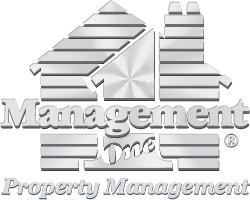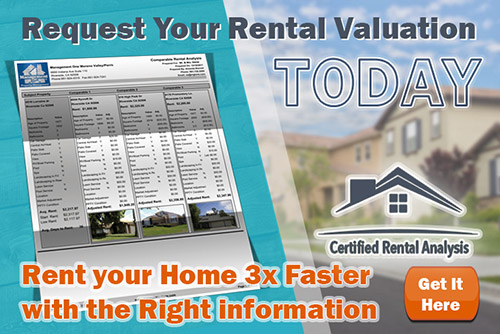
Top 6 Tax Deductions for Your Rental Property
For most of us, tax season causes heart palpitations. Not knowing how much you will owe in taxes or if you’re getting a refund. If you own a rental property or properties, tax season can be daunting but also exciting. Real Estate and taxes go together like chocolate and strawberries.
But tax season doesn't have to be stressful if you have the right tools in your tool belt. Having the right bookkeeper and CPA on your side will make all the difference in the world when it comes to your investment property.
Let's start by defining bookkeeper and CPA, as sometimes they are labeled the same but are very different.
A bookkeeper is just that, someone that keeps your books. They pay bills that are associated with your investment property, like your mortgage, property taxes, insurance, etc. Most likely, you are your own bookkeeper if you own one or two investment properties.
A CPA is your accountant, and they are the ones that know the tax codes and what to deduct on your taxes, saving you thousands of dollars annually. Your CPA needs your records from your bookkeeper to be in pristine order to utilize them for your taxes. When looking to hire a CPA, you should hire one familiar with Real Estate taxes as they will have the best knowledge of Real Estate tax codes.
Tax Deductions on Your Rental Property
Here are five big ones that tax pros say should be on your radar if you're thinking about buying a rental property.
1. Mortgage interest
Mortgage interest is tax-deductible for your rental property because it's a business expense.
Sometime in January or early February, you should receive a 1098 form from your mortgage lender showing the interest you paid for the year. When you file your tax return, in most cases, you take the deduction on the IRS Schedule E form, which is for residential rental property owners.
2. Depreciation
Many people think of their homes as investments that become more valuable over time but think of a rental property as more of a business asset, like a desk or a forklift.
Many business assets depreciate — that is, they become worthless and less every year until they reach the end of their useful lives. For rental properties, that's typically (but not always) 27.5 years.
You can probably deduct that depreciation each year on your tax return if you own a rental. The math isn't exactly simple, though. There are different ways to calculate the depreciation on a rental property, which is why it's a good idea to get help from a qualified tax pro if you're a landlord. There are also special rules for co-ops and condominiums. Usually, you can start depreciating a rental property when it's ready and available to rent.
3. Property taxes
Property tax is a tax on real estate (and sometimes other property you own). The amount of tax is primarily based on where the property is and how much the property is worth.
You can usually deduct the property taxes on a rental property — you must remember to do it. Rental owners frequently overlook the deduction. Although there's a new limit on the property tax deduction ($10,000, or $5,000 if married filing separately, for property taxes and either state and local income taxes or sales taxes combined) — that limit doesn't apply to business activities.
4. Repairs
The cost of fixing a busted garbage disposal, swapping out light bulbs, or patching holes in the wall is usually tax-deductible in the year you incur the expense. Sometimes the cost isn't deductible. Instead, it gets capitalized and could become part of your basis (typically what you paid for the house).
For example, if you buy a $300,000 rental and spend $25,000 adding a fourth bedroom, you may not get to deduct the $25,000 that year. That's because, in the eyes of the IRS, it's now as if you paid $325,000 for the house instead of $300,000. That could mean a more significant depreciation write-off.
People misclassify repair costs on their tax returns. Often, they mistakenly deduct capital improvements, which could be a red flag for the IRS.
5. Other expenses
These things might also be deductible:
- Transportation expenses are associated with collecting rent, managing your rental, or maintaining it.
- Advertising your rental
- Insurance on your rental
- Utilities
In general, you can't deduct these things:
- Travel between your home and the rental property (the IRS considers that commuting unless your home is your principal place of business).
- Uncollected rent (but this depends on the accounting method you're using for your rental income).
- Lost income because your rental was vacant.
To learn more about the best tax benefits of owning a rental property, check out this podcast from Bigger Pockets featuring CPA Ana Klein. Ana is a CPA and Real Estate Investor.











